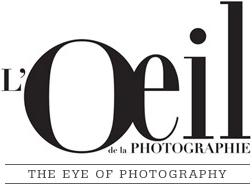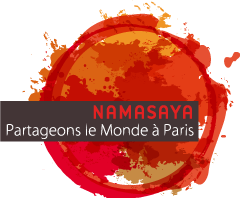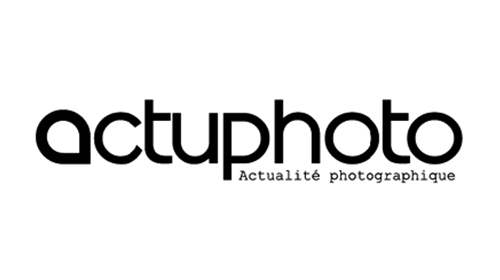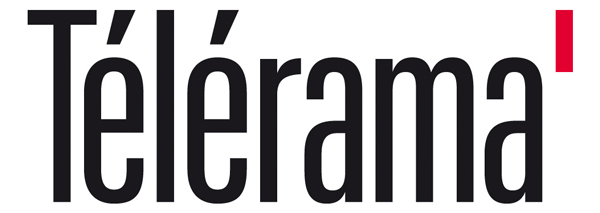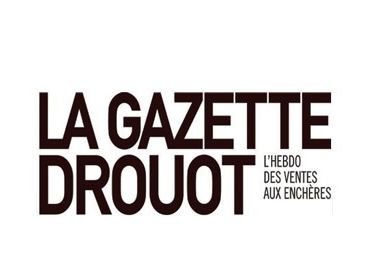On the Ground

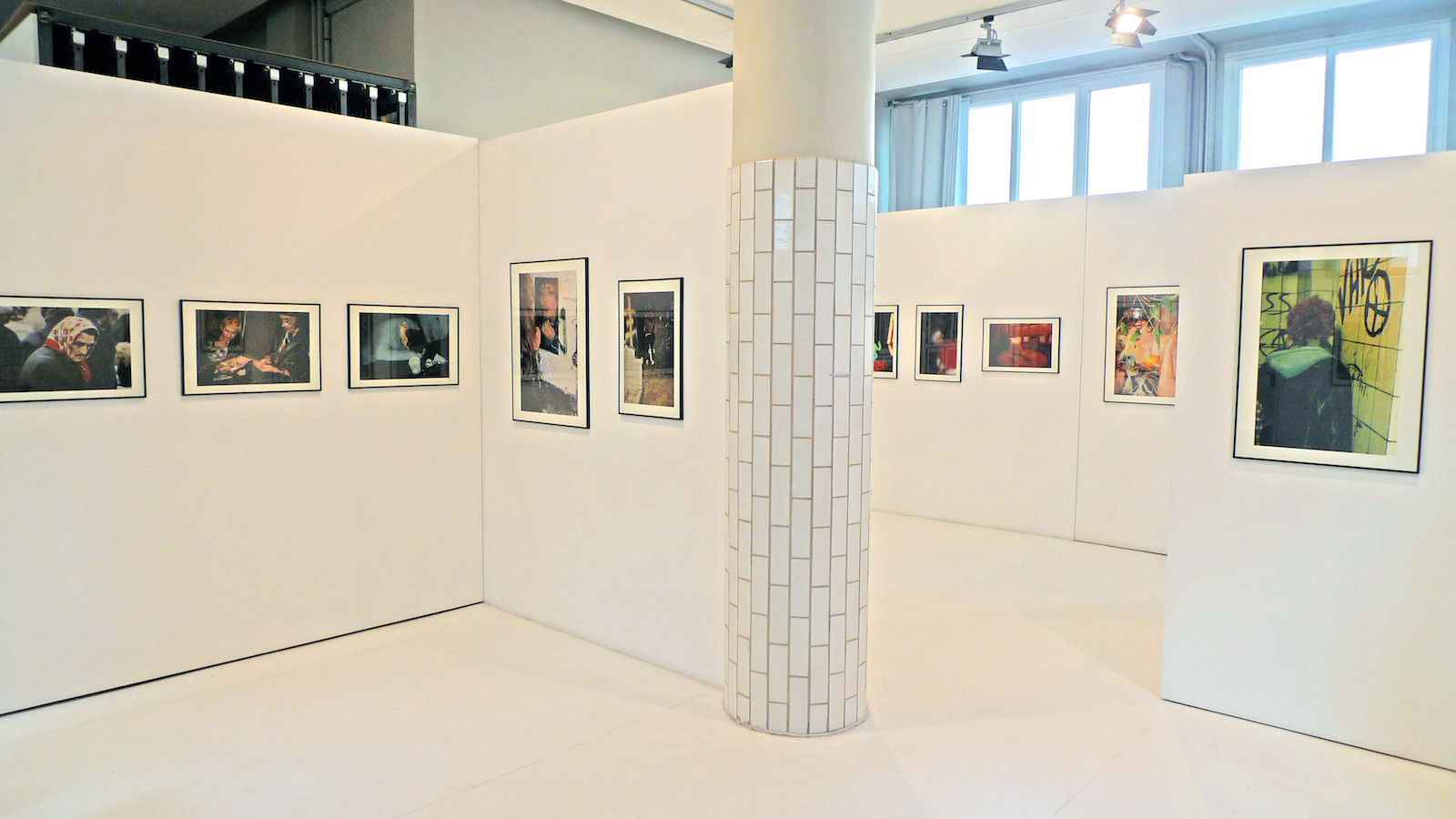
Press
PRESS RELEASE
Rodolf Hervé spent the early 1990s living and working in Budapest where he felt he belonged, in a society that had lost its bearings after the fall of Communism and had to start from scratch. The future was completely unpredictable. What has happened since is unfortunately another story!
Rodolf Hervé had a habit of turning things upside down, but in Paris at that time, the world had become rigid and materialistic. It was in Budapest he felt the most free.
In all his pictures – maybe I should use the word “images” here, as in holy images, except that these would be unholy images – one gets a sense of partying, even though desperation is never far away. We should remind ourselves when viewing these pictures that they pre-date those of Martin Parr or Antoine d’Agata. The pictures seem to emerge rather than appear. They reveal a meteor unable to halt its journey. Even though Rodolf was particularly fond of Lautréamont, he reminds me of Rimbaud and I read every one of his pictures as if it were a poem. His work is never superficial; it is corrosive and passionate – as well as festive and funny. The subject matter is serious but not taken seriously. Rodolf Hervé knew where he came from and had a rich cultural background. He was a child of Auschwitz, a child of Communism, a child of art. But at the same time, Rodolf knew he was going nowhere and he was going there fast. Too fast. This incandescent outburst is what’s left of him.
Olivier Beer
